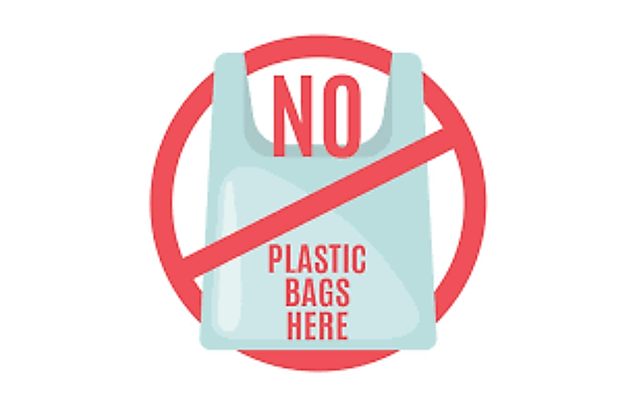As folks may recall, back in 2019, banning so-called single-use plastic bags was all the rage in the radical leftist environmental circles, so naturally, the sociopathic control freaks in the Vermont legislature had to have one – the legislative equivalent of that year’s Cabbage Patch doll. So, we got our bag ban!
So did New Jersey. The only difference is that unlike in Vermont, where last year’s Cabbage Patch doll is quickly discarded and forgotten, displaced by a wailing obsession to get a Tickle Me Elmo, New Jersey actually looked back to see if the policy worked. It did not.
News outlets across the Tri-State Area and the nation recently blared headlines like, New Jersey Plastic Bag Ban Goes Bust (WSJ), Is the State’s Plastic Bag Ban Losing Its Grip? (Two River Times), and New Jersey’s plastic consumption triples after plastic bag ban enacted (USA Today).
A summary of the study done by the Fredonia Group concludes that, while the number of single use plastic bags in circulation did decline dramatically, as intended, the unintended economic and environmental consequences of the policy far outweigh the benefits.
… following New Jersey’s ban of single-use bags, the shift from plastic film to alternative bags resulted in a nearly 3x increase in plastic consumption for bags. At the same time, 6x more woven and non-woven polypropylene plastic was consumed to produce the reusable bags sold to consumers as an alternative. Most of these alternative bags are made with non-woven polypropylene, which is not widely recycled in the United States and does not typically contain any post-consumer recycled materials. This shift in material also resulted in a notable environmental impact, with the increased consumption of polypropylene bags contributing to a 500% increase in greenhouse gas (GHG) emissions compared to non-woven polypropylene bag production in 2015. Notably, non-woven polypropylene, NWPP, the dominant alternative bag material, consumes over 15 times more plastic and generates more than five times the amount of GHG emissions during production per bag than polyethylene plastic bags. [Emphasis added.]
How could this happen? Politicians expected consumers to re-use the so-called reusable bags (that aren’t especially reusable) over and over and over again. This is not happening for a variety of reasons. People forget the bags at home and have to buy new ones every time they go to the store. As more people use grocery delivery services, those services use new “re-usable” bags for each and every delivery. And there is a sanitary component to this as well. Reusable bags accumulate bacteria and can quickly become unhealthy options, so people very sensibly toss them after only a couple of trips to the store. Moreover, both the cost and environmental impact of washing the bags is greater than that of using just utilizing the single use plastic bags, so forget that.
But, in fairness to the big brains in Montpelier, who really could have seen this coming? Oh yeah… From 2019: Roper: How dumb is the plastic bag ban?
Consumers have also paid a heavy price for this worse-than-useless policy. Major retailers are taking advantage of the ban to squeeze customers into buying more and more of these expensive, “reusable” bags that seldom get re-used. The Fredonia study revealed that just one major retailer in New Jersey made an estimated $42 million in profits just selling these stupid bags.
So, in a nutshell, instead of getting a free, handy, single-use plastic bag that you probably re-used to line your kitchen garbage can or some such thing, now we everyday citizens get to pay tens if not hundreds of millions of extra dollars in order to put three times the amount of un-recyclable plastic into the environment and five times the greenhouse gas emissions into the atmosphere while providing a government-mandated windfall profit to WalMart. Brilliant, Senator Chris Bray (D-Addison), et al. Just… freakin’… brilliant!
As the Wall Street Journal Editorial Board concluded in its analysis, “Too often the idea behind green initiatives seems to be that if it’s inflicting pain, it must be working. But the road to this plastic misfire was paved with green intentions—untempered by any serious cost-benefit analysis.” Personally, I don’t think legislators who push these nutty ideas care if a policy works or not. It’s the thrill of using their power to inflict pain that motivates them, forcing people to do what they say. It’s a sickness.
They could prove me wrong by seriously revisiting the issue, embarking on a serious cost-benefit analysis, and repealing the bag ban (and the Clean Heat Standard, Act 127, defunding the police, etc., and so on). But I’m taking bets that they won’t. Where’s the thrill in that?
